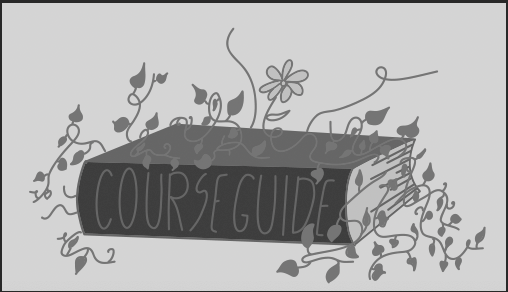I scrolled past a photo that my Parisian friend had posted earlier that day of a man who seemed to be dead with spectators standing around him.
As I scrolled further down, I saw posts from my other French friends that all said, “Je suis Charlie.” Now I was confused. Were the French starting some kind of weird new fad?
I soon found the answer on the “Trending” section of my Facebook newsfeed in a headline that stated, “Charlie Hebdo: 12 killed at magazine’s Paris office.”
Boom. I backtracked and realized that the photo I had just casually scrolled past was a photo of one of the 12 who were now dead. This was Jan. 6, not even a week after New Year’s.
I hadn’t thought about Charlie Hebdo in months, but that day, a million thoughts passed through my brain, questioning my moral and logical stance on such a sensitive subject.
I had first heard of the French satire magazine, Charlie Hebdo, in the French Culture course I took during my junior year in Rennes, France.
I remembered that the last part of one of the tests was explaining our opinions on one of comic strip artist Jean Cabut’s satirical drawings of Mohammed.
I understood Cabut’s intentions, his hopes and his humor. He used humor to rise above the stupidity and inhumanity of society, including the terrorism that would result in his own death. Comedians, satiric writers and comic strip artists are either loved or called jerks.
And let me tell you — I loved those jerks. I think it is partially due to the fact that I am one, too. It’s in my nature to notice people’s small movements and comments and make remarks about them.
I know that my jokes can seem harsh, and I know that many people may misunderstand me because of single stupid remarks I make. But when I heard that my fellow journalists were executed in the name of jihad because they had published a comic of Mohammed, I was completely shocked.
This brings me to my most important point and, also, my biggest fear. The reason why this horrendous shooting happened was not because of Muslims. I know this might seem obvious to many of you, but believe me, it is not so clear in Europe today. Many people have forgotten that “Muslim” does not mean “extremist,” which is why I fear for the future of the country I once called home.
Last spring, I watched the local elections and looked at my host mother in shock as I saw that more than a quarter of the French population voted for the Front National, a neo-Nazi group set against immigrants and the European Union.
What I recall even more vividly was discovering that the majority in Marseille, a port city that has one of the biggest Muslim populations in France, voted for Front National. The Front National’s reasoning is that immigrants, especially Muslims, are taking jobs away from the French.
Classic. Talk about a throwback to post-World War I Germany.
Terrorism is a very real thing. The fear of massacre by groups of very angry, hateful maniacs follows us Americans everywhere.
This fear is what leads so many people to generalize and degrade Muslim beliefs. Let’s face it — many American people showed immense hostility towards Muslim people after 9-11 because a group of extremists decided to murder innocent victims and justified the crime with religion.
I’m simply afraid that the escalating, omnipresent tensions between Muslims and non-Muslims in France will only be exacerbated. People will jump to conclusions, blame one another and surely get hurt.
Since this shooting, I have been waiting, nervously, for a fight to erupt between Muslim moderates and non-Muslim French citizens.
I don’t want to hear that a country that prides itself on liberty, equality and fraternity is no longer accepting of certain religious groups. I don’t want to hear about Muslim moderates being forced to apologize for actions they did not commit.
What I want is for them to know that we know they’re not all the same.
I hope this will help us realize that in times of grief, we must unite instead of fighting one another. If our Muslim peers feel uncomfortable, let’s help them see that we are with them. After a terrorist attack in Sydney, Australia last month, there was a Twitter campaign of solidarity, called “I Will Ride With You”— “offering to accompany any Muslims who fear venturing onto public transport at this time, in case of a public backlash.”
Maybe we should follow in the Australians’ footsteps, to emphasize the fact that we must unite. Either way, we must never let tragedy lead to the degradation of a whole religious group, like it did with the Jewish people in World War II.
As a first-generation Japanese-American, I think I can say with confidence that I understand how confusing and stressful it is to be caught in between two completely different cultures. In Japan, children are told that the nail that sticks out gets hit on the head. In America, we are told that we must be exactly those people who stick out.
I am a nail that sticks out for what I believe in, and no hammer can put me down. Je suis Charlie, and I will ride with you.




































